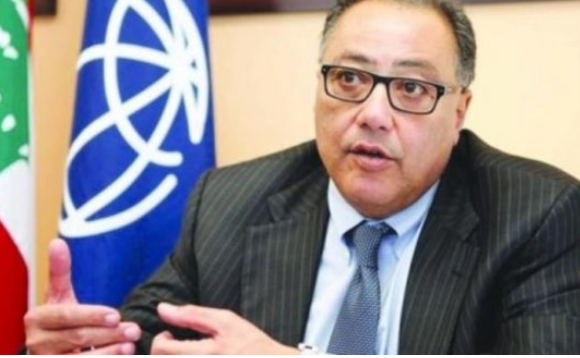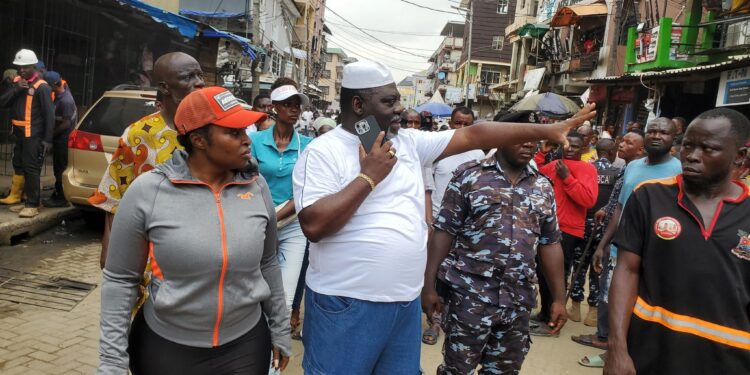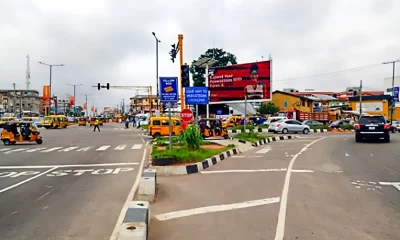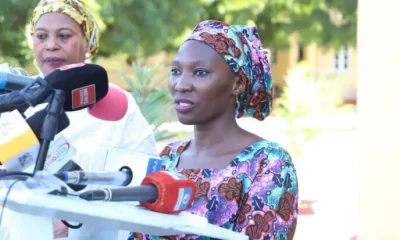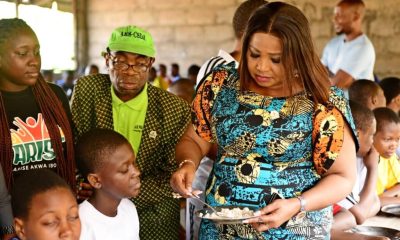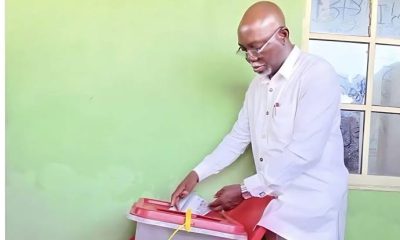
The Federal Government and World Bank are in talks for as much as $2.5 billion in a new tranche of concessionary lending to Nigeria, the bank’s Vice President for Africa Hafez Ghanem has said. In the past year Nigeria received $2.4 billion from the World Bank, Ghanem said in an interview with Bloomberg in Abuja on Wednesday.
“We’re talking about a new set of programs of about the same amount, it should be around $2.5 billion,” he said. Faced with revenue shortfalls as the output and price of oil fell in the past five years, President Muhammadu Buhari’s administration has increased borrowing to finance government spending, with domestic debt at $55.6 billion and foreign loans at $25.6 billion.
The Minister of Finance, Budget, and National Planning, Mrs. Zainab Shamsuna Ahmed while giving details of the Medium Term Expenditure Framework (MTEF) and Fiscal Strategy Paper said borrowing would be a key component in funding the budget as government cannot drive the required resources to fund the budget without borrowing.
She said the new borrowings are put at N1.605trn for 2019, projected N1.7trn for 2020, N1.6trn for 2021 and N1.3trn for 2020. The borrowings will be 50 percent local and 50 percent foreign she said. Out of the N1.7 trillion to be borrowed in 2020, of this amount, N850 billion will be domestic borrowing while the balance of N850 billion will be from foreign borrowing.
The total fiscal deficits for 2019 is N2.474trn, in 2020 it will reduce to N2.154trn. The deficit to GDP is 1.77 percent in 2019. “Debt service is also increasing. And this is so because we have increased our borrowings in recent years. Our debt servicing has increased from N2.144trn in 2019 to N2.45 in the year 2020,” the minister had stated. To ease the mounting debt burden, Nigeria has sought more credit with low interest and long repayment periods from institutions including the World Bank and the African Development Bank.
“The current economic performance of Nigeria is not enough to reduce poverty,” said Ghanem. “We need to accelerate growth.” The World Bank’s focus in Nigeria is to lift about 100 million Nigerians, half of the population, out of poverty, with special emphasis on women’s education, expanding digital opportunities and solving a power crisis that hobbles economic activities.
“It’s important to resolve the problems of the power sector in Nigeria to bring in more investments”, because you need to bring down the cost of power to make the economy more competitive for the development of industries,” he added. The World Bank is supporting digital transformation in Nigeria because of its potential ability to transform other areas of the economy including industry, agriculture and services, according to Ghanem. “Nigeria has a comparative advantage in that area because of the youth, a majority of the population is young,” he said.
“So if we want to create jobs, we need to invest much more in the digital economy.” Speaking with Daily Trust in Abuja, a former Managing Director of a commercial bank said there is nothing wrong in borrowing if it is done to build infrastructure and do other necessary things in the country.
The former MD who didn’t want to be quoted however advised the FG not to squander the money on jamborees or things that would yield no benefits to Nigerians.

